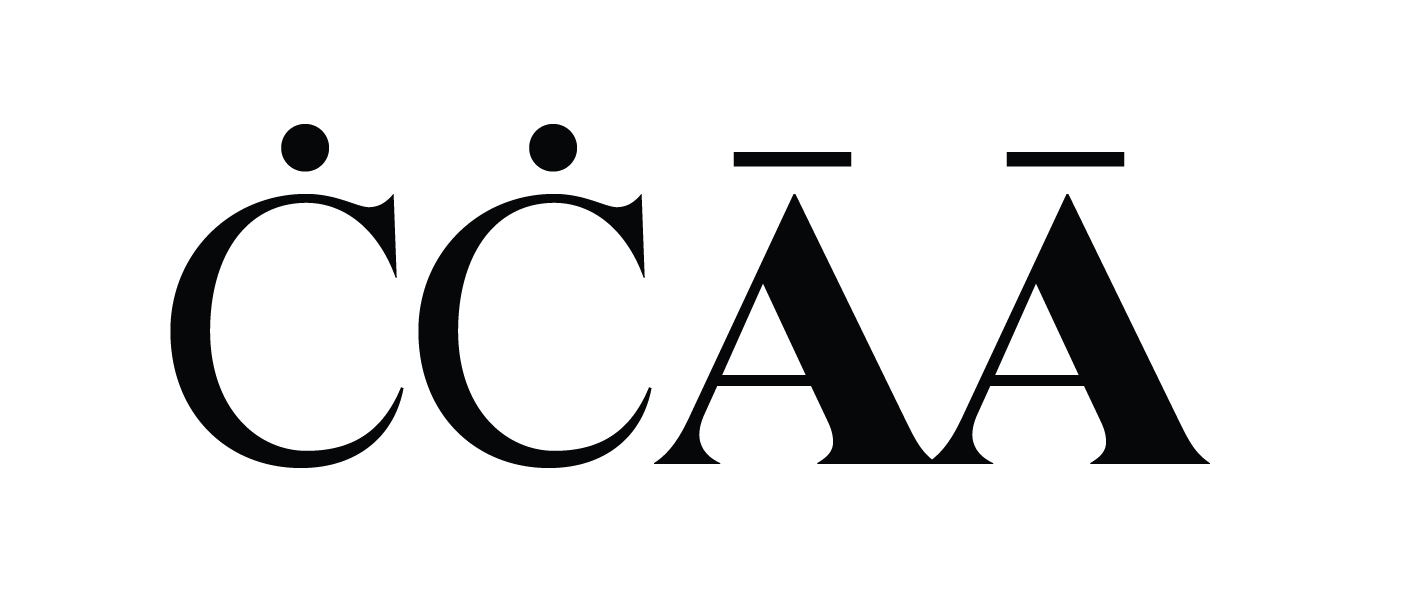Overview
Our cello instructors are highly skilled in classical music, and they also have the ability to teach songs that cater to their students' musical preferences. Regardless of your age or skill level, our instructors are dedicated to working closely with you to set achievable goals and provide the guidance needed to help you reach them.
What’s the #1 reason to choose the Academy for cello lessons?
Our cello instructors are warm and friendly, and get to know each student and parent on a personal level. We work with you to craft a lesson plan that fits your individual needs and the student's favorite type of music. Whether you're playing in local bands, a seven year old taking their first lesson, or a fifty year old returning to the cello after many years, we’ll set goals to achieve your musical aspirations.
How qualified are your cello instructors?
Our instructors have received their education from prestigious institutions such as Manhattan School of Music, Berklee College of Music, Peabody Conservatory of the Johns Hopkins, Northern Illinois University, Conservatory of Music of Puerto Rico, Howard University in Washington, University of Maryland, Komitas State Conservatory, University of Southern Mississippi, University of Hartford – Hartt School of Music Hartford, Towson University, College Conservatory of Music at University of Cincinnati, Shanghai Conservatory of Music, Liaoning Normal University in Dalian China, Wheaton College and Boston University. Many have toured the US and Europe, and bring years of professional performance and teaching experience to your lessons.
Do I have to know how to read music?
No. Beginners are welcome!
What will I learn from cello lessons at the Academy?
Cello lessons cover a wide range of skills and techniques that are essential for mastering the instrument. Here are some key areas typically covered in cello lessons:
Instrument Familiarity: You will learn about the different parts of the cello, how to properly hold and position it, and methods for tuning and maintaining the instrument.
Posture and Technique: Developing correct posture and technique is crucial for producing a good tone and avoiding strain or injury. You will learn proper bowing techniques, finger placement, hand position, and bow control.
Bowing Techniques: You will study various bowing techniques, including legato, staccato, spiccato, and martelé. These techniques will help you produce a wide range of articulations and dynamics.
Left Hand Technique: You will learn proper finger placement, intonation, and shifting techniques to play different notes and navigate the fingerboard accurately.
Music Reading and Notation: You will learn to read sheet music specifically written for the cello, including understanding musical symbols, note values, rhythms, dynamics, and phrasing.
Scales and Arpeggios: Practicing scales and arpeggios in different keys and patterns is essential for developing finger dexterity, intonation, and a solid understanding of music theory.
Repertoire: You will study and perform a variety of music pieces written for the cello, including solo compositions, chamber music, and orchestral excerpts. This will expose you to different styles and help you develop a diverse musical repertoire.
Music Theory and Ear Training: Understanding music theory concepts, such as scales, chords, key signatures, and rhythm, will deepen your understanding of the music you play. Ear training exercises may also be incorporated to improve your ability to recognize and play melodies, intervals, and harmonic progressions by ear.
Ensemble Playing: Cello is often a crucial part of chamber music ensembles and orchestras. Lessons may include opportunities to practice ensemble skills, such as playing in harmony, following a conductor, and working collaboratively with other musicians.
Performance Skills: Regular performance opportunities, such as recitals or concerts, help you build confidence, stage presence, and the ability to connect with an audience while showcasing your cello playing skills.
Remember, the specific focus and curriculum of cello lessons may vary depending on your goals, the teacher's approach, and your skill level. It's important to communicate your aspirations and preferences with your cello teacher to tailor the lessons to your specific needs and interests.
Do I need to purchase a cello to learn the instrument?
Beginner students can rent one from rentinstrument.com or buy or rent from Chucklevins.com. Our knowledgeable teachers are happy to help with advice to choose the right instrument for you.
Are There Recitals?
Absolutely! In December and June, our students get the chance to showcase their talent at an exiting venue. We don't believe in charging our students any performance fees, and the admission is completely free. So you can invite as many guests as you’d like.
Student Testimonial:
Wonderful music school! Very qualified and dedicated instructors and a wonderful environment to learn!
Lauren T.
Lesson Hours
Monday - Friday {9:30-8:30} | Saturday - Sunday {9:30-5:00}
Take the next step call 301-906-9283 now to get a great lesson time as space is limited. You can email us, or request more info.
Pricing
$60.00 / 30 minutes
Lessons are available seven days a week, and scheduled once a week. A one-time registration fee is $35.

